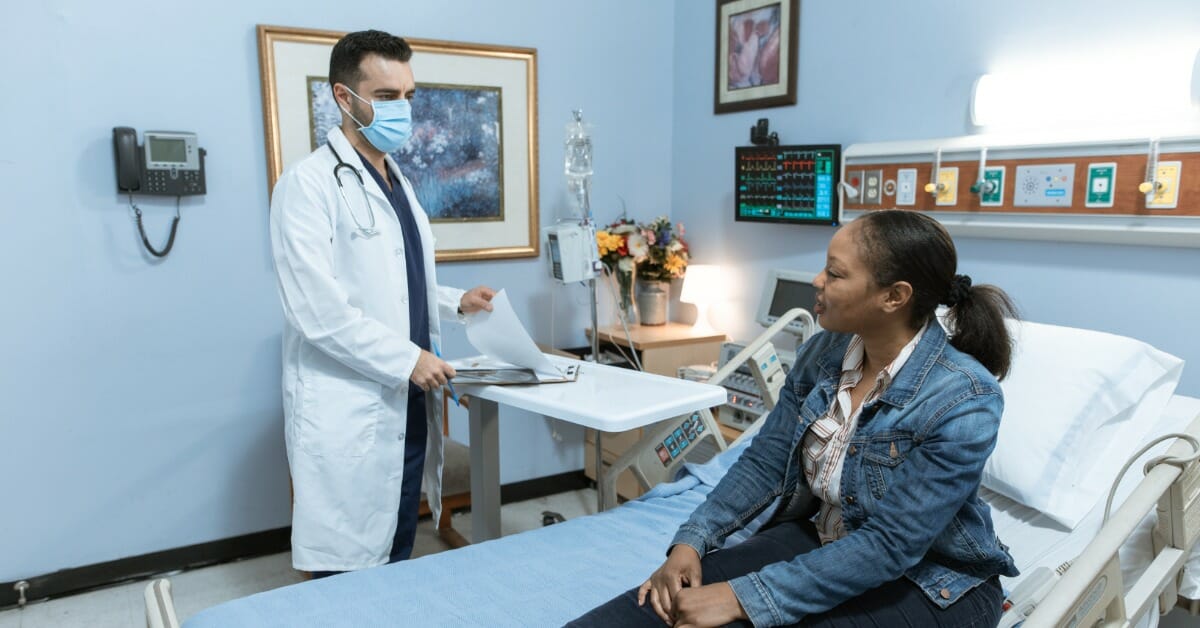What is a Fellow in Medicine?
While medical residents are medical school graduates in their first several years of training after finishing medical school, medical fellows are medical doctors who have completed their residency and elected to do additional training in a specific subject area.
For example, fellowship-trained internists train after residency to specialize in a particular field of interest, like the heart, endocrine system, or gastrointestinal tract. Completion of a medical residency after having completed medical school is a prerequisite for fellowship.
What Does Fellowship-trained Mean?
Fellowship-trained physicians have completed subspecialty training in a chosen field of medicine. Completing a fellowship qualifies physicians to take a board exam and become board-certified in a subspecialty, which certifies to the public a doctor’s commitment to excellence and quality in their field.
How Long Does Fellowship Take?
Fellowship training programs can be as short as one year or as long as three years or more.
Do You Have to Do a Fellowship After Residency?
No. Not all doctors complete a fellowship after residency.
For example, in internal medicine, about 20% of doctors will go on to a career in primary care or hospitalist medicine after their residency training. The remainder will pursue subspecialty training to become cardiologists, gastroenterologists, rheumatologists, or other subspecialists.
Do Fellows Get Paid?
Yes, you do get paid as a medical fellow.
However, the medical fellowship salary is similar to that of a medical resident. While how much fellows make can differ from institution to institution, most fellows will have a salary slightly higher than their residency salary of $55–65K a year. In comparison, this can be tens to hundreds of thousands of dollars less than what an attending physician makes.
While some subspecialists make much more than the average general internist, others make about the same, or even less. Many fellows with federal student loans will continue to make low monthly payments on their loans while in training. Some programs even promise complete loan forgiveness if doctors spend their time training with a nonprofit and continue to work for a nonprofit after they complete their training.
How Do I Decide Whether to Pursue a Fellowship?
There are many factors to consider in deciding whether or not to pursue a fellowship, including interest in a particular subspecialty, desired compensation after training, work-life balance, desire for a family or children, and concerns about student loans. Most residents will need to decide whether to pursue a fellowship early on during their residency, typically by the beginning of their second year, so try to get a breadth of exposure to inpatient and outpatient aspects of many specialties before then! Meeting attending physicians in your chosen specialty can provide mentorship, letters of reference, and research opportunities.
Studying medicine has never been easier.
Set yourself up for success with Lecturio.
What Will My Hours Be Like as a Fellow?
While you may be used to working 80-hour weeks, including nights and weekends, as a resident, as a fellow, you may need to do this in addition to being on call and available to respond to emergency consults and questions. These responsibilities can differ quite a bit depending on the fellowship. For specialties that are more office-based, hours may be better than residency. Conversely, fellowship options with frequent emergencies may have worse or unpredictable hours.
How Do I Apply for a Fellowship?
The fellowship matching process is similar to applying for residency, where applicants and programs rank their preferences using an algorithm to determine whether an applicant and program match. While you aren’t guaranteed to stay in the same city or geographic area as your residency hospital, the odds can be much higher or much lower depending on how competitive your specialty is.
The Medical Specialties Matching Program runs the fellowship matches, though the details can vary significantly depending on the subspecialty. Always check with your intended subspecialty to confirm deadlines, requirements, and details of how to apply.
What If I Don’t Match to a Fellowship?
Since some fellowships are highly sought after and have more applicants than slots available, you may not match your subspecialty of choice. For some applicants, gaining experience as an attending physician or chief resident, or taking a year to do additional research can boost your application chances. The department head of your desired subspecialty in your residency program or your program director may be able to tell you whether your application is competitive or if you should consider postponing your application.
Keep in mind that not all jobs require fellowship-trained physicians.
Some large hospitals employ general internists as specialty-specific hospitalists, such as cardiac or oncological hospitalists, which can be a great option if you don’t match to your fellowship of choice. Though you won’t necessarily get the same training as a board-certified subspecialist in that area, it might allow you to continue to practice in your field of interest.
Keep Your Mind Open!
As you can see, there are many considerations to keep in mind when determining whether or not to pursue a fellowship after your residency training. Keep your mind open and pay attention to rotations where you feel energized and stimulated by the material. Seek out mentors and keep a list of priorities for yourself and your career.
Exploring multiple options will give you the best chance of finding a path that works for you. Who knows? Maybe a fellowship is the best way to achieve your career goals!





